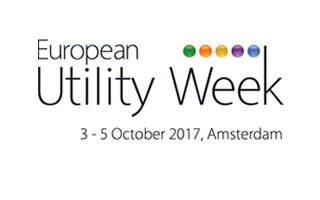In each country that had the means, support schemes have enabled the development of renewable energy, including solar. These schemes theoretically compensate the lack of competitiveness of new energy, when production relies on insufficiently mature technologies to be competitive.
They have had perverse effects with lasting consequences:
- Some schemes have been deployed initially rigidly; they do not adapt to changes in technology and price. The adjustments were brutal; subsidized energy have ceased to be, and sometimes without notice for projects already in operation. These abrupt shifts have jeopardized the emerging industrial sectors and even projects and have discredited some energy sources with investors.
- Most of the support schemes have been designed, technology by technology, without projection of the consequences of the introduction of these technologies in global energy mix. For instance, the growth of the share of intermittent energy sources should have been monitored to fit the pace needed to keep control of the balance of each network.
- All providers (equipment suppliers, energy suppliers) have geared their offers based on financing arrangements. Most professionals have thus promoted to their customers the benefit of new technologies on very ephemeral and short-term bases. Consumers cannot, in these conditions, improve their understanding of the energy stakes and changing data without apparent reason damage their confidence in these new energies.
The balance of a network on a restricted territory, such as a Smart City, is an issue that can become critical under certain conditions. The motivation of different investors, individuals or companies, is vital to finance sustainable, locally, the development of new energies.
The harmonious development of the energy systems of Smart Cities is therefore based on a constant monitoring and adaptation of financing mechanisms and new energy subsidies. For this, in each country, more visibility and consistency should be given to policy and energy strategy. From my point of view, the Smart Cities must unite to support and influence to their advantage policies and must define corridors of development of different types of energy to ensure a precise monitoring of the evolution of the energy mix in their territory.




Leave a Reply